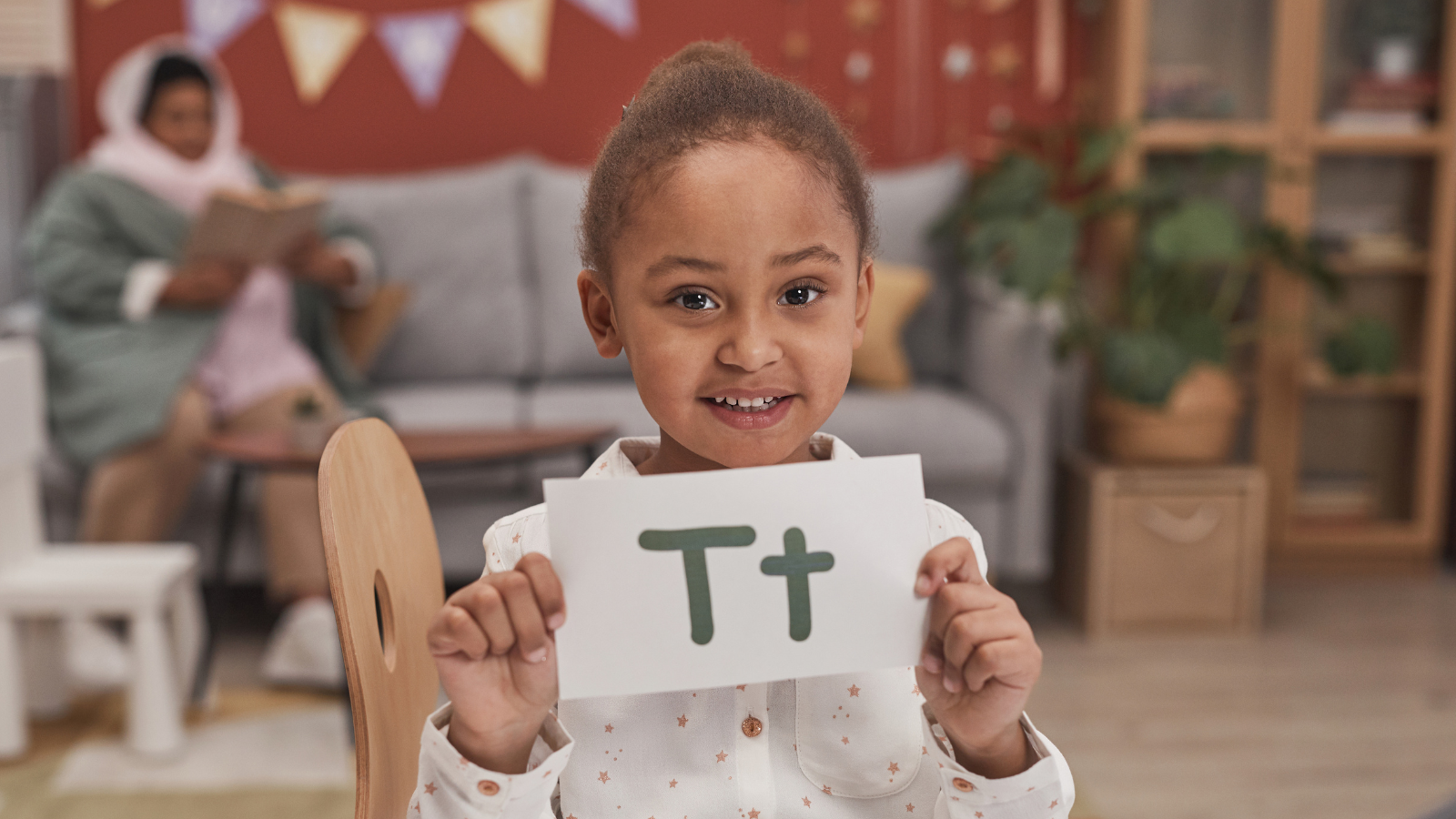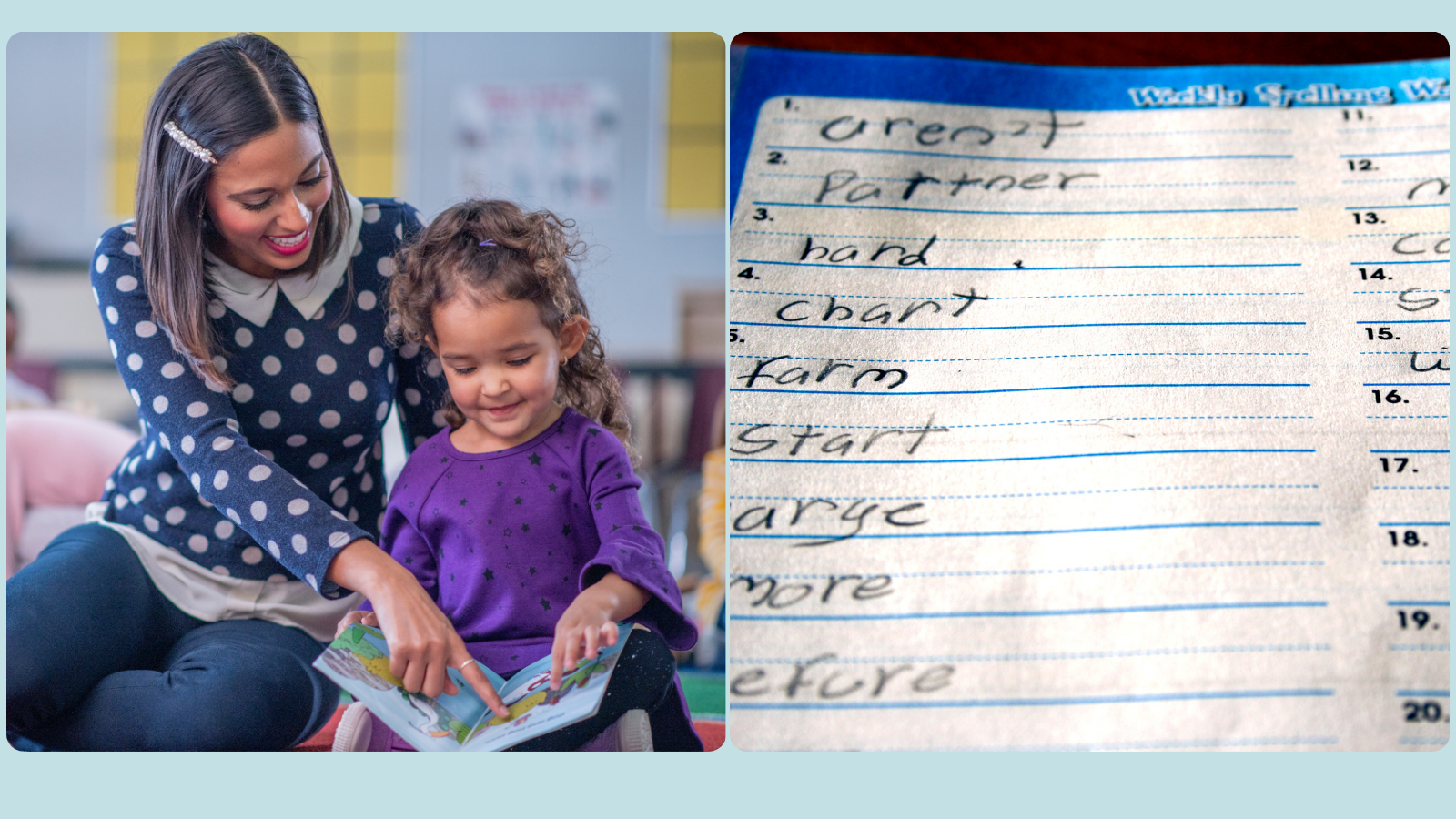Banter Quick Tips: Early reading and writing skills: mind the gap with magnetic letters and dictation practice!
Yes, beginners need to learn to read words properly. (Decoding = matching letters and letter combinations in words to speech sounds and blending them together.)
But they also need to learn how to spell and write. (Encoding = breaking spoken words into speech sounds and then translating them into letters.)
Early reading and writing are two sides of the same coin, and practising each reinforces the other. But many phonics programs don’t spend enough time on writing.
Early word writing skills lag behind reading skills because students need lots of time to learn how to hold a pencil and to form letters, and to write letters without having to think too much about it.
While students learn to form letters, we can narrow the gap by having beginners spell words with magnetic letters.
As students develop fast letter-writing skills, we step up to old school dictation practice, to target three things at once:
- encoding (or spelling) targets that mirror decoding practice;
- high frequency sentence structures used in English; and
- sentence punctuation conventions.
Dictation practice allows students to:
- consolidate their early word decoding skills;
- go beyond single word spelling;
- hear a variety of developmentally appropriate sentence types;
- work on oral language comprehension and written expression at the same time;
- learn sentence punctuation conventions; and
- learn actively!
For dictation practice, check out our dictation resource!

Hi there, I’m David Kinnane.
Principal Speech Pathologist, Banter Speech & Language
Our talented team of certified practising speech pathologists provide unhurried, personalised and evidence-based speech pathology care to children and adults in the Inner West of Sydney and beyond, both in our clinic and via telehealth.








